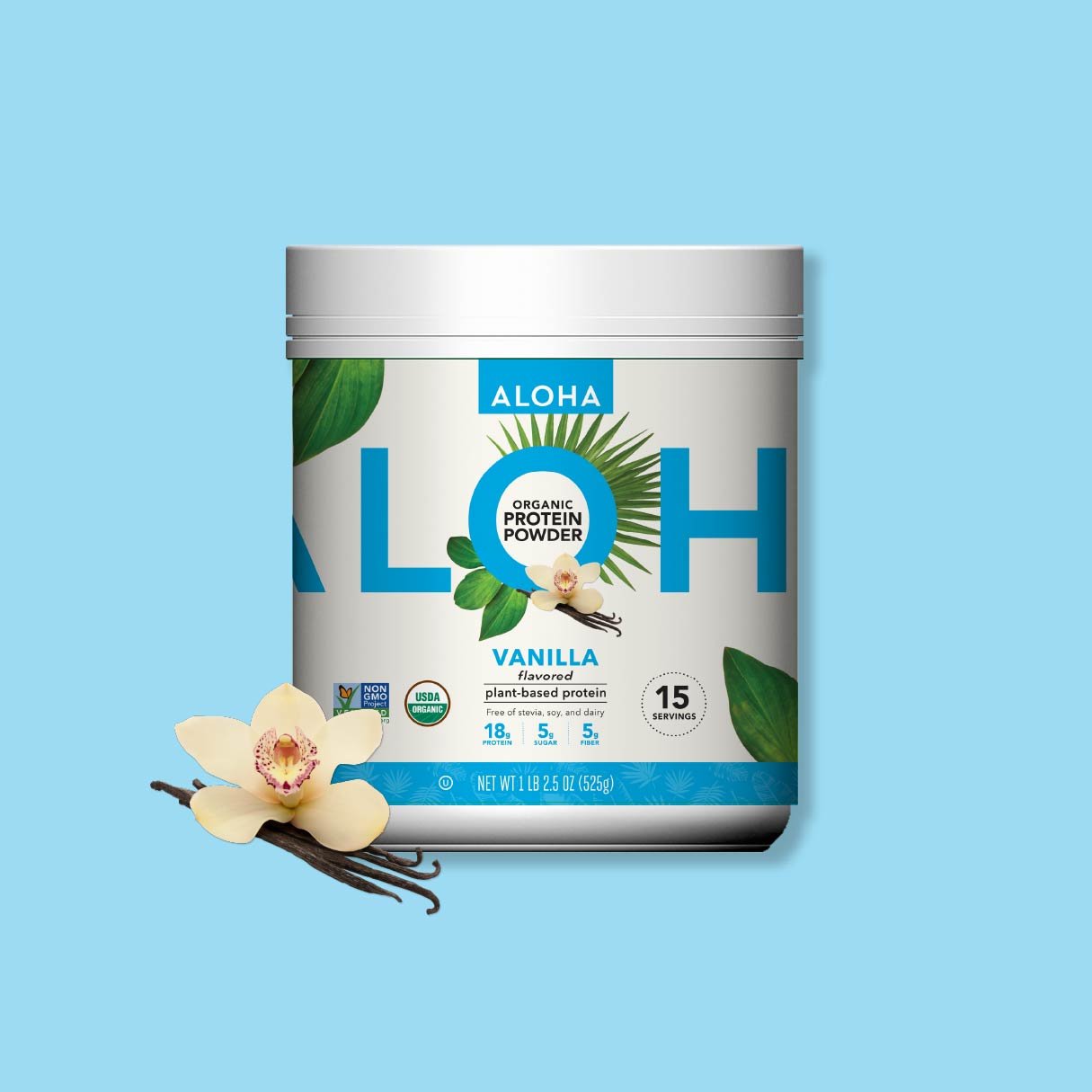By: Shelby Burns
What is a Plant-Based Diet?
Plant-based eating is one of the biggest health trends of the year. You may see this label in someone’s Instagram bio, a TikTok recipe, or on food packaging when grocery shopping. However, you're not alone if you're confused on what plant-based eating is compared to eating vegan or vegetarian.
You may be surprised to find out that while recipes and labels that say “plant-based” are vegan, you do not have to be vegan to eat a plant-based diet! While vegan is a plant-based diet, not all plant-based diets are vegan! Are you confused yet? This article will break down what it means to eat plant-based and how it creates an impressively positive impact on your health.
What is the Definition of a Plant-Based Diet?
The plant-based diet definition is a diet that focuses on sourcing the majority of your food from plants. However, you can eat meat and dairy products and still eat plant-based! You also do not need to label yourself as a vegetarian or vegan to be plant-based.
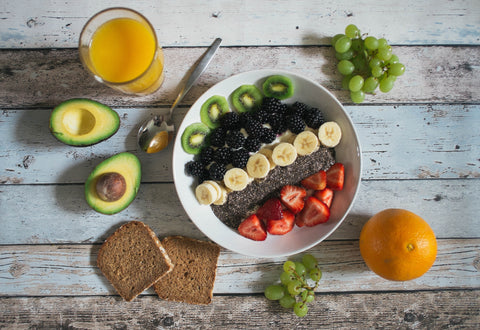
What is a Vegan Diet?
While both plant-based and vegan diets create lasting positive impacts on your health, there is a difference! On a vegan diet, you do not eat any animal products including meat, eggs, and dairy. Plant-based diets focus on food that originates from plants, but does not fully negate meat and animal products (Piedmont.org).
What is a Vegetarian Diet?
While a vegan diet focuses on strictly food that originates from plants, a vegetarian diet negates meat but allows consumption of animal products such as dairy products and eggs.
To sum it up, both veganism and vegetarianism are plant-based diets. You do not have to strictly be either of these two labels to receive the many health benefits.
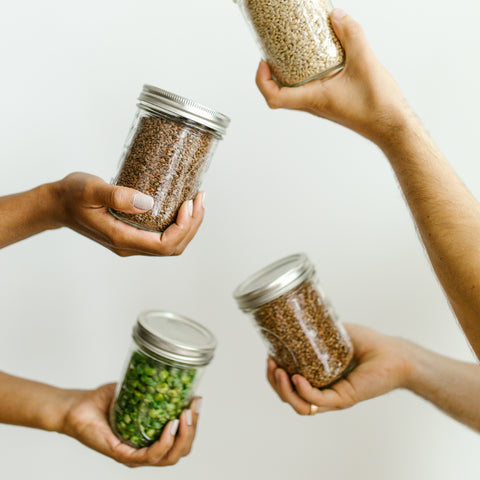
How Does Plant-Based Eating Positively Impact your Health?
According to Andrea Murray, MD Anderson health education specialist, “A plant-based diet can strengthen your immune system to protect you against germs and microorganisms (mdanderson.org).” Plant-based meals can provide a number of nutrients and antioxidants that are not organically provided in any other type of food.
These properties can not only boost our immune system, but can reduce inflammation and aid our body with it’s natural detoxing processes.
In addition to this, the fiber in plants that we eat can help aid with our gut health. A healthy gut can help flush toxins, boost our immune system, and improve our mental health!
Other positive impacts of this diet can include lower cholesterol, reduced risk for heart disease, strokes, diabetes, cancer, and improvement of mental health issues (manderson.org).
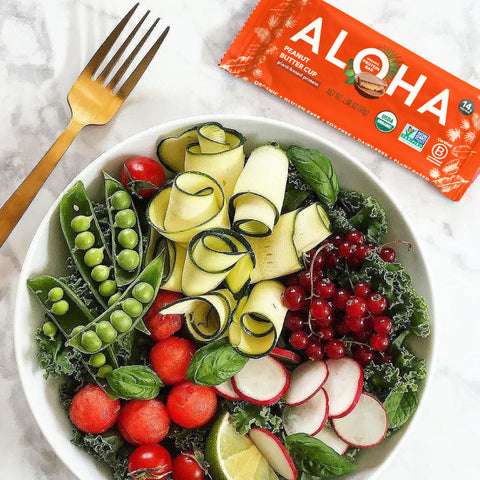
Can You Get Enough Protein on a Plant-Based Diet?
According to Mayo Clinic, 10%-35% of your diet should be protein-focused. “So if your needs are 2,000 calories, that’s 200–700 calories from protein, or 50–175 grams (MayoClinicHealthSystem.org).” You can absolutely eat a plant-based diet and still get your daily recommended protein intake.
While meat may be the first source of protein that comes to mind, there are sources in many other forms such as grains, legumes, vegetables, fruits, beans, seeds, and soy. Here are some protein-focused and plant-based ingredients that you can use in your meals (per serving according to Healthline):
• Tofu: 4 grams.
• Tempeh: 13 grams.
• Seitan: 19 grams.
• Walnuts: 4.5 grams.
• Almonds: 6 grams.
• Cashews: 4.5 grams.
• Chia seeds: 6 grams.
• Flax seeds: 6 grams.
• Hemp seeds: 9.5 grams.
• Sunflower seeds: 5.5 grams.
• Pumpkin seeds: 8.5 grams.
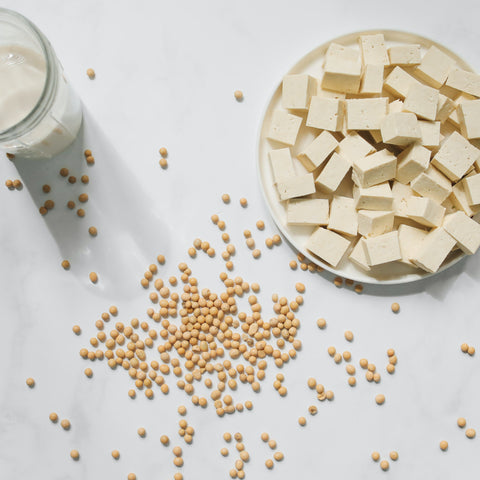
How to Start a Plant-Based Diet
At first, it may seem like an overwhelming jump, but think of the variety of foods you can fill your plate with! As a rule of thumb, incorporate vegetables and fruits for incredible nutrients, whole grains for energy, and fats to help you stay full!
According to Columbia University’s Irving Medical Center, here’s an easy way to get started with a plan: “Each meal or snack should be made up of 2/3 plants and no more than 1/3 animal product (egg, yogurt, fish, or poultry). As you get used to eating more plants, try limiting yourself to one animal product a day.”
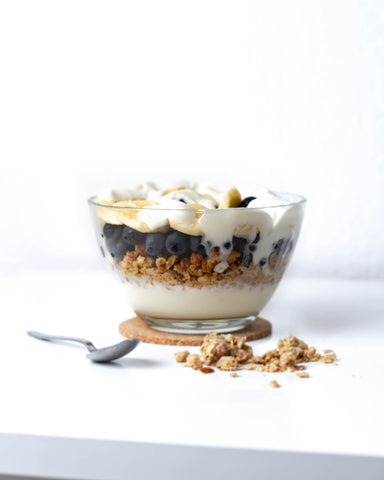
Is a Plant-Based Diet Right for You?
Making the choice to eat more plant-based, vegetarian, or vegan can have a profound impact on your life and your health. Whether you choose to reduce your intake of animal products or eliminate them altogether, incorporating more fruits, vegetables, whole grains, legumes, nuts, and seeds into your meals can provide your body with the essential nutrients it needs to thrive.
It can be challenging making food choices that contain nutrient-dense plant-based protein while on-the-go. One of the best ways to get solid protein in the morning is by making a protein shake with ALOHA Vanilla Protein Powder. It takes only a couple of minutes to throw together these ingredients, blend, and pour into your cup! Here are is a mouthwateringly delicious vanilla protein shake recipe:
• 2 scoops of ALOHA Vanilla Protein Powder
• Banana
• Blueberries
• Oats
• Almond butter
• Spinach
• Coconut milk
Remember, every small step towards a healthier lifestyle is a step in the right direction. So why not start today? Your body, mind, and soul will thank you for it.


